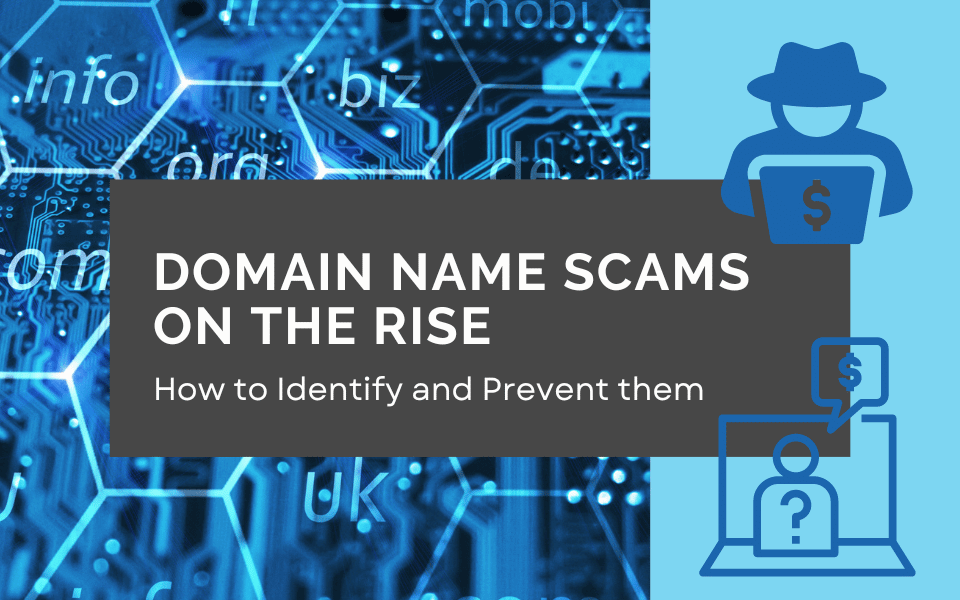As the internet continues to grow, so do the sophisticated tactics used by cybercriminals. Domain name scams have become a significant concern for online users and businesses alike. This guide delves into what domain name scams are, their common types, and actionable steps you can take to avoid falling victim to them.
What Are Domain Name Scams?
Domain name scams involve fraudulent activities where scammers manipulate or deceive individuals and businesses regarding their domain names. These scams often aim to steal money, sensitive information, or control over the victim’s domain. They exploit the lack of awareness about domain management and registration processes.
Common Types of Domain Name Scams
1. Fake Renewal Notices
Scammers send emails or letters that mimic legitimate domain registrars, urging users to renew their domain immediately to avoid losing it. These notices often direct victims to fraudulent websites where they’re tricked into paying for non-existent services.
2. Domain Hijacking
In this scam, attackers gain unauthorized access to a domain account by phishing or exploiting weak passwords. Once they control the domain, they can demand a ransom or use it for malicious activities.
3. Trademark Infringement Alerts
Victims receive fake notifications claiming someone is registering a domain name similar to theirs. The scammers offer to “protect” the domain by registering it for the victim at a premium price.
4. Domain Appraisal Scams
Scammers pose as buyers interested in purchasing your domain at a high price. However, they request a paid appraisal from a specific company (often fake), pocketing the appraisal fee and disappearing.
5. Search Engine Optimization (SEO) Scams
These scams target businesses by offering fake SEO services that promise to improve domain ranking. The scammers may demand access to sensitive information or payment upfront without delivering any value.
How to Avoid Domain Name Scams
1. Verify Emails and Communications
- Always verify the sender’s email address. Legitimate domain registrars usually send emails from their official domain (e.g., support@[registrarname].com).
- Avoid clicking on links in unsolicited emails. Instead, visit your registrar’s website directly by typing the URL into your browser.
2. Enable Two-Factor Authentication (2FA)
- Protect your domain account by enabling 2FA. This adds an extra layer of security, making it harder for scammers to gain unauthorized access.
3. Register Your Domain Through Reputable Registrars
- Choose ICANN-accredited registrars with a good reputation. Avoid unknown or suspicious platforms offering unrealistically cheap domain registration.
4. Monitor Domain Expiry Dates
- Keep track of your domain’s expiration date and renew it directly through your registrar’s official platform to avoid fake renewal scams.
5. Use Domain Privacy Protection
- Many registrars offer WHOIS privacy protection to hide your contact details. This reduces the chances of being targeted by scammers using public WHOIS data.
6. Educate Yourself and Your Team
- Stay informed about the latest scam tactics and educate your team or colleagues to recognize warning signs.
7. Report Suspected Scams
- If you encounter a domain scam, report it to your registrar and relevant authorities, such as ICANN or consumer protection agencies.
Conclusion
Domain name scams can have devastating consequences for individuals and businesses. By staying vigilant, using security measures like 2FA, and choosing reputable registrars, you can protect your domain and personal information. Regularly updating your knowledge about scams and reporting suspicious activities are critical steps in safeguarding your online presence. Stay alert and proactive to ensure your domain remains secure and scam-free.














